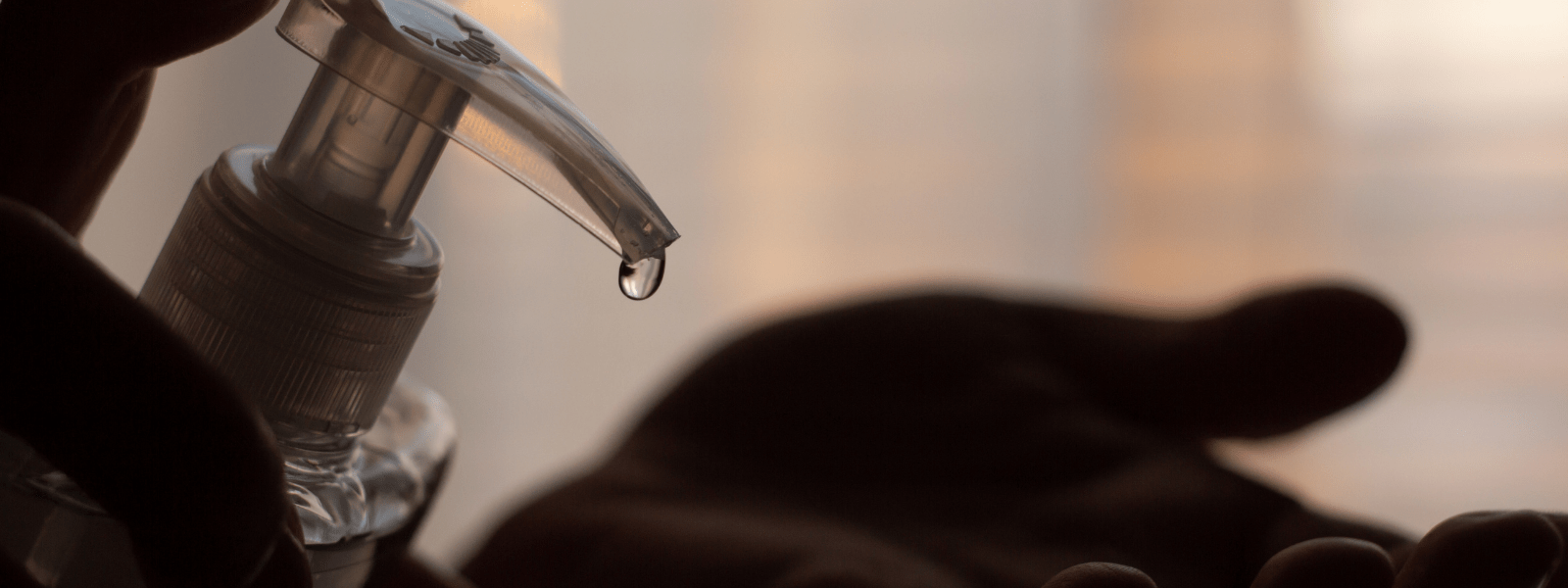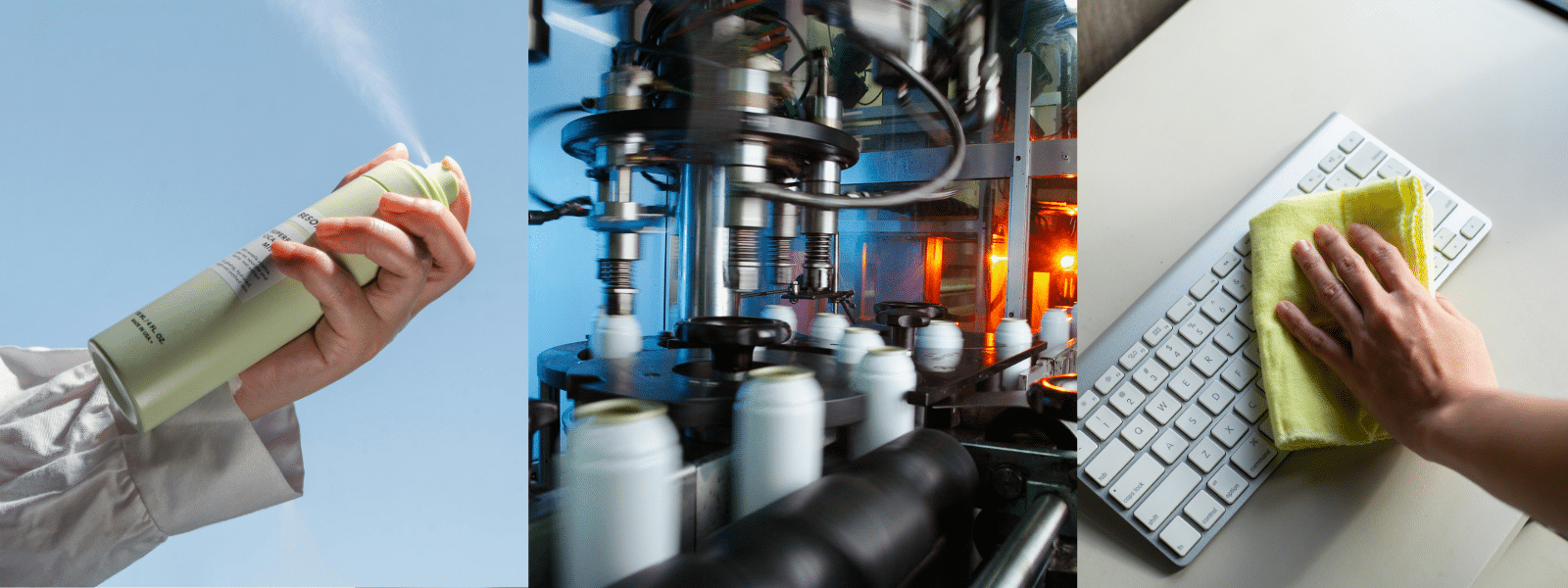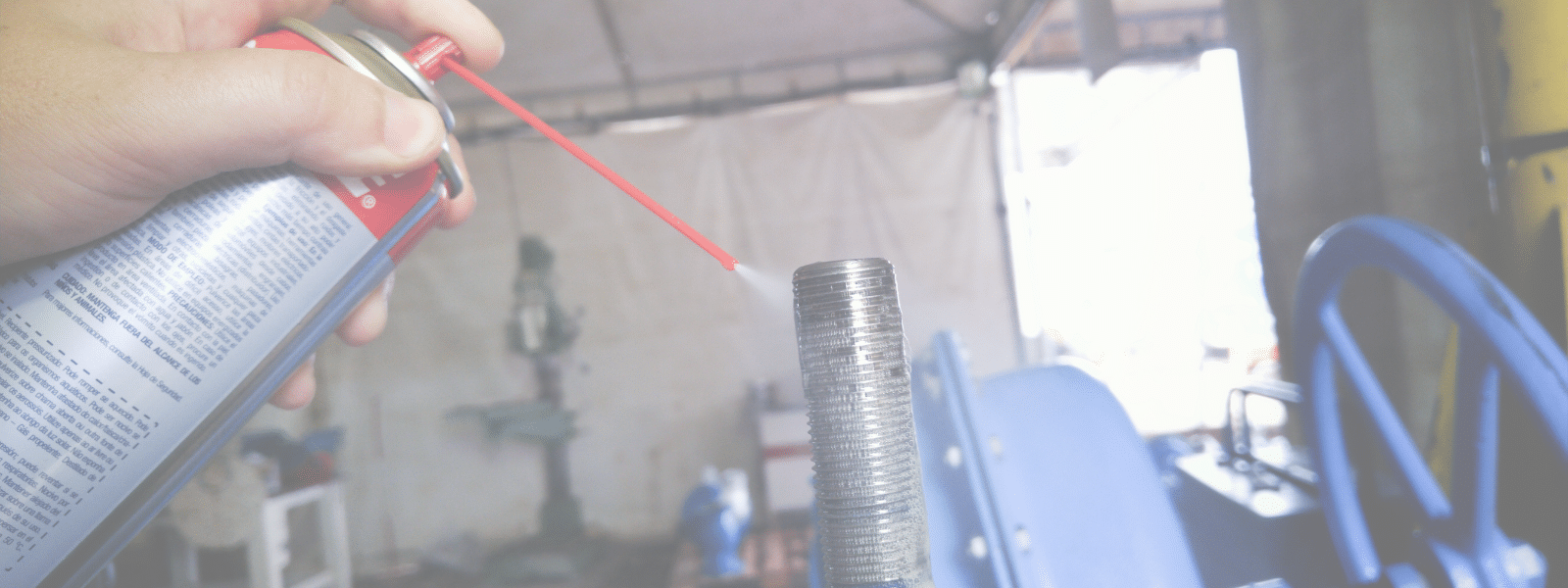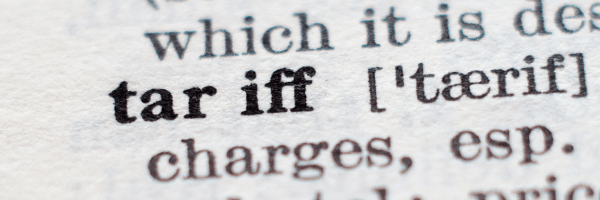It is important to know the difference when you are comparing denatured alcohol vs rubbing alcohol. Read on to learn more, or if you are interested in purchasing a form of alcohol, shop our variety of alcohol and alcohol-related products by clicking buy now below!
How is Alcohol Used in Various Industries?
Alcohol is one of the many organic compounds that companies use to clean parts or machinery involved with the manufacturing of a finished product. It is applied in a variety of industries and is also included in fuels, antiseptics, preservatives, and solvents. Products containing alcohol as a base have varying percentages of ethanol. For example, an alcoholic beverage can range anywhere from 2% percent to over 90% percent ethanol by volume, whereas an antiseptic often contains between 60 and 95 percent ethanol (they may also contain propanol or isopropanol). Alcohols such as ethanol and methanol are often used as solvents in the industry because it is more environmentally friendly than other solvents such as formaldehyde and tetrahydrofuran.
What Is Denatured Alcohol?
Denatured alcohol, sometimes referred to as “methylated spirits”, includes specific additives that make it non-drinkable. This form of ethanol has a bad taste, smells foul, and is poisonous if ingested. The additive (which is usually 10 percent methanol) serves to deter individuals from attempting to consume it for recreational purposes. Denatured alcohol has a wide range of applications- it is used to sand wood, as a fuel for small camping stoves, as a cleaning aid, and as a solvent.
How Is Rubbing Alcohol Different?
Rubbing alcohol is considered to be a “surgical spirit” rather than a “methylated spirit” since it is often used in medical environments. It consists of pure isopropyl alcohol or ethanol (most commonly isopropyl alcohol), usually at a concentration of 70% or 99%. Like denatured alcohol, it is used as a solvent, but it can also be used as a disinfecting and cleaning agent (for both medical and technological purposes), as an astringent, and even as a paint stripper.
Applications of Denatured Alcohol vs Rubbing Alcohol
As was discussed above, some of denatured alcohol’s common applications include:
- Solvent
- Cleaner for quick spot removal
- Fuel for camping stoves
- Sanding and finishing wood
Some typical uses of rubbing alcohol include:
- Solvent
- Antiseptic
- Astringent
- Disinfecting agent
In addition, both types of alcohol are highly flammable, making it important to take precautions when handling in an enclosed environment or using in large quantities.
Looking For Denatured or Rubbing Alcohol?
Shop all our alcohol and alcohol-related products conveniently online here, or for more information, email us today! We look forward to hearing from you soon!
















